‘Van Lingle Mungo’, Dave Frishberg
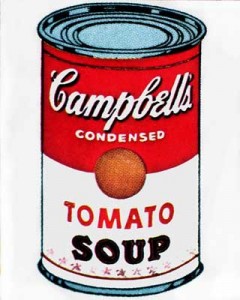 This week’s SoTW might appear at first glance to appeal exclusively to male Americans born before WWII. But it’s not. It’s a look at how to make something out of nothing. ‘There Is from There Isn’t’. Which can be a lesson of value for human people of all ages, creeds and persuasions, baseball lovers and non-.
This week’s SoTW might appear at first glance to appeal exclusively to male Americans born before WWII. But it’s not. It’s a look at how to make something out of nothing. ‘There Is from There Isn’t’. Which can be a lesson of value for human people of all ages, creeds and persuasions, baseball lovers and non-.
Back in the days when I was studying hard to become a professional poet, we practiced a very interesting genre, the ‘found poem’, in which you take a couple of lines from a completely innocent, mundane source (a newspaper article or a briefing by Donald Rumsfeld), repunctuate and versify it (break it into lines), and by the power of calling it art, invest it with levels of meaning transcending the original. Like you, I scoff at a Campbell’s soup can on a pedestal in an art gallery. But look at this, from William Whewell’s (try saying his name aloud, it’s fun) classic “An Elementary Treatise on Mechanics” (1819):
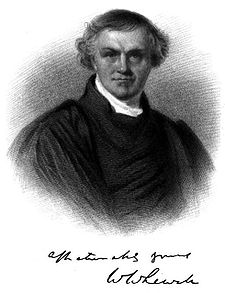 Hence no force, however great,
Hence no force, however great,
can stretch a cord, however fine,
into a horizontal line
which is accurately straight.
Pretty neat, huh?
And even neater than that is David Frishberg’s song ‘Van Lingle Mungo’ (1969), the lyric of which consists entirely of names of Major League Baseball players from the late 1940s and early 1950s.
Dave Frishberg (1933–) is a jazz pianist/vocalist (hard to call him a singer) who’s written quite a respectable number of jazz hits (somewhat of an oxymoron, I admit), such as the very funny, very sensual chick song ‘Peel Me a Grape’ (here by three very sensual chick singers, Diana Krall, Nancy Wilson and Dusty Springfield).
Peel me a grape, crush me some ice
Skin me a peach, save the fuzz for my pillow
Talk to me nice, talk to me nice
You’ve got to wine and dine me
Don’t try to fool me bejewel me
Either amuse me or lose me
I’m getting hungry, peel me a grape.
Or the very funny and urbane ‘My Attorney Bernie’ (Bernie says we sue? We sue. Bernie says we sign? We sign.)
As 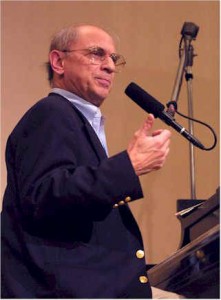 a songwriter, pianist and singer, Dave Frishberg’s a quantum leap beyond Tom Lehrer. But critic Scott Yanow, for whom I have a lot of respect, overstates the case more than a little when he calls Frishberg ‘the top living lyricist…a fine swing pianist and a world-weary sounding vocalist’. But there’s no denying ‘Van Lingle Mungo’ is an unpredictable gem that defies explication.
a songwriter, pianist and singer, Dave Frishberg’s a quantum leap beyond Tom Lehrer. But critic Scott Yanow, for whom I have a lot of respect, overstates the case more than a little when he calls Frishberg ‘the top living lyricist…a fine swing pianist and a world-weary sounding vocalist’. But there’s no denying ‘Van Lingle Mungo’ is an unpredictable gem that defies explication.
Van Lingle himself was a pretty good ballplayer, but certainly not one of legendary proportions. He was a right-handed pitcher from 1933 till 1945 mostly with the Brooklyn Dodgers, a three-time All-Star, finishing with a 120-115 won-lost record and an ERA of 3.47.
He was a drinker and a fighter. From The Herring Design Quarterlies: “Once, when the Dodgers were training in Cuba, …Van Lingle Mungo became enamored with a nightclub dancer by the name of Gonzalez, and she liked him pretty well, too. Her husband caught them in the clutches, and Mungo punched him in the eye. Señor Gonzalez returned with a butcher knife. That’s when a Dodgers executive by the name of Babe Hamberger hid Mungo in a laundry cart. He got his pitcher out of a major jam and down to the wharf where a seaplane was waiting. Mungo hid while his bags were loaded. Then Hamberger yelled, and Mungo sprinted for the plane, leaping aboard with the police hot on his heels.”
Casey Stengel was quoted saying, “Mungo and I get along fine. I just tell him I won’t stand for no nonsense, and then I duck.”
As for his exploits on the field, during his Major League debut (September 12, 1931), Van Mungo loaded the bases during th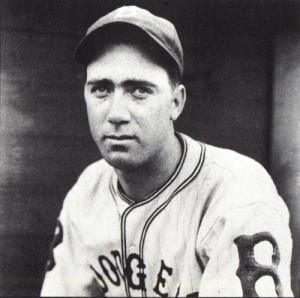 e first inning then fireballed his way out of the jam and went on to pitch a 2-0 shutout versus the Braves. He also helped his own cause during his debut by hitting a single in the second inning and a triple in the fifth.
e first inning then fireballed his way out of the jam and went on to pitch a 2-0 shutout versus the Braves. He also helped his own cause during his debut by hitting a single in the second inning and a triple in the fifth.
David Frishberg himself said, “The only other guy from the song I ever met was Mungo himself, who arrived from Pageland, South Carolina, to be on the Dick Cavett show and listen to me sing the song. This was 1969, when Cavett had a nightly show in New York. Backstage, Mungo asked me when he would see some remuneration for the song. When he heard my explanation about how there was unlikely to be any remuneration for anyone connected with the song, least of all him, he was genuinely downcast. ‘But it’s my name,’ he said. I told him, ‘The only way you can get even is to go home and write a song called Dave Frishberg.’ He laughed, and when we said goodbye he said, ‘I’m gonna do it! I’m gonna do it!’ If he did it, The Baseball Almanac doesn’t mention it.”
B ut none of this really has anything to do with the very touching song Mr Frishberg has written. He takes a string of unpronounceable–one might almost say ineffable–names from his hero-worshiping youth, sets them to a poignant melody, sings them with all the passion and wistfulness of a man looking back at his boyhood, and the result is a touching elegy to the days when we were young and innocent enough to worship heroes unconditionally. The days before cynicism and disillusionment set in.
ut none of this really has anything to do with the very touching song Mr Frishberg has written. He takes a string of unpronounceable–one might almost say ineffable–names from his hero-worshiping youth, sets them to a poignant melody, sings them with all the passion and wistfulness of a man looking back at his boyhood, and the result is a touching elegy to the days when we were young and innocent enough to worship heroes unconditionally. The days before cynicism and disillusionment set in.
It’s not so simple, actually. You take a found poem, add the magic of music, and out comes a song that is a finely crafted, emotionally affective work of art. Thanks, Dave.
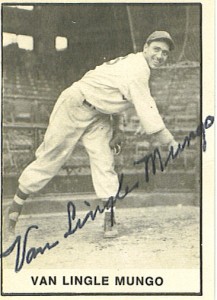 Heeney Majeski, Johnny Gee; Eddie Joost, Johnny Pesky, Thornton Lee.
Heeney Majeski, Johnny Gee; Eddie Joost, Johnny Pesky, Thornton Lee.
Danny Gardella, Van Lingle Mungo.
Whitey Kurowski, Max Lanier; Eddie Waitkus, Johnny Vander Meer,
Bob Estalella, Van Lingle Mungo.
Augie Bergamo, Sigmund Jakucki; Big Johnny Mize, and Barney McCosky – Hal Trosky.
Augie Galan and Pinky May; Stan Hack and Frenchy Nordagaray,
Phil Cavarretta, George McQuinn; Howard Pollet and Early Wynn.
Roy Campanella, Van Lingle Mungo.
Augie Bergamo, Sigmund Jakucki; Big Johnny Mize and Barney McCosky – Hal Trosky.
John Antonelli, Ferris Fain; Frankie Crosetti, Johnny Sain.
Harry Brecheen and Lou Boudreau;Frankie Gustine and Claude Passeau.
Eddie Basinski, Ernie Lombardi, Huey Mulcahy,
Van Lingle, Van Lingle Mungo.


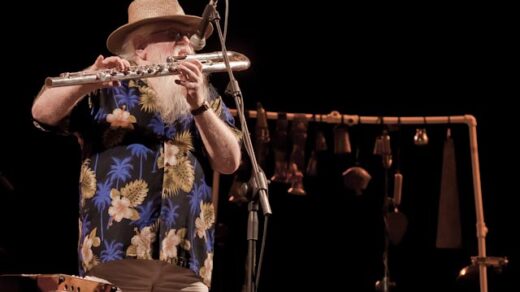

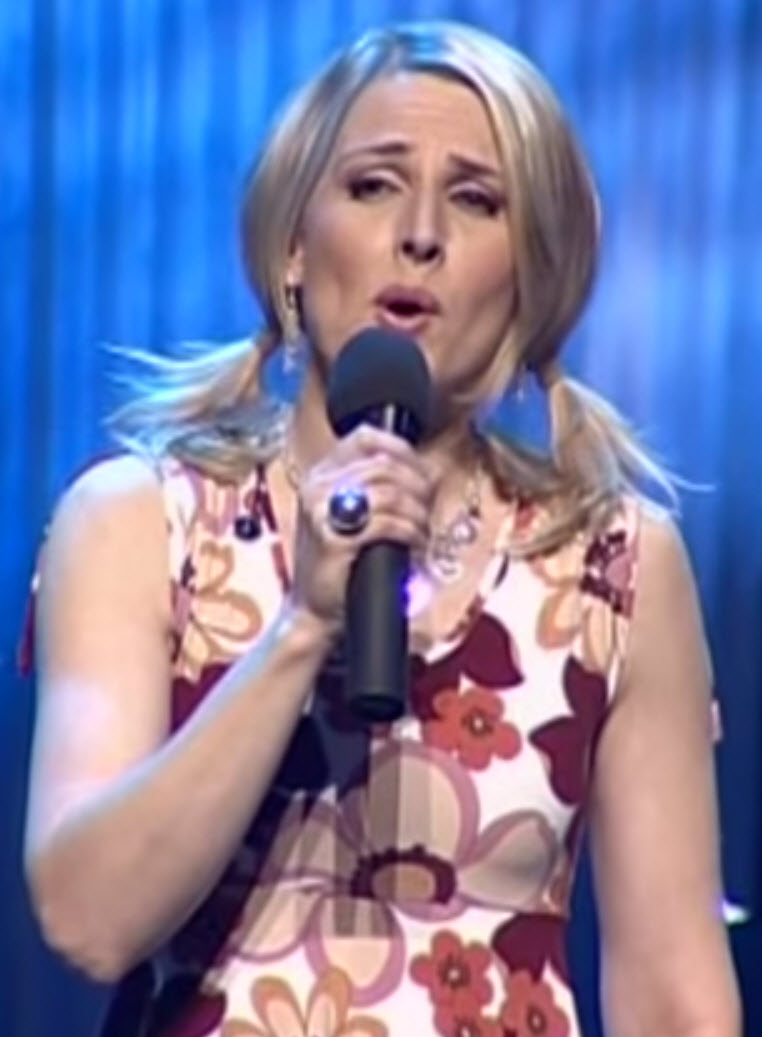
“…and by the power of calling it art, invest it with levels of meaning transcending the original.” ~ love it
liked it a lot. Including “The days before cynicism and disillusionment set in.” The most famous Israeli analog would be שיר הסטיקרים (lyrics by eminent author, David Grossman, sung by the rappers Dag-Nahash) http://www.youtube.com/watch?v=GIbjpev6U5s
this is so interesting!!!
Very entertaining. I would love to hear it updated with names from recent era. Nick Castellanos? Tom Niedenfuer? Mike Pagliarulo?